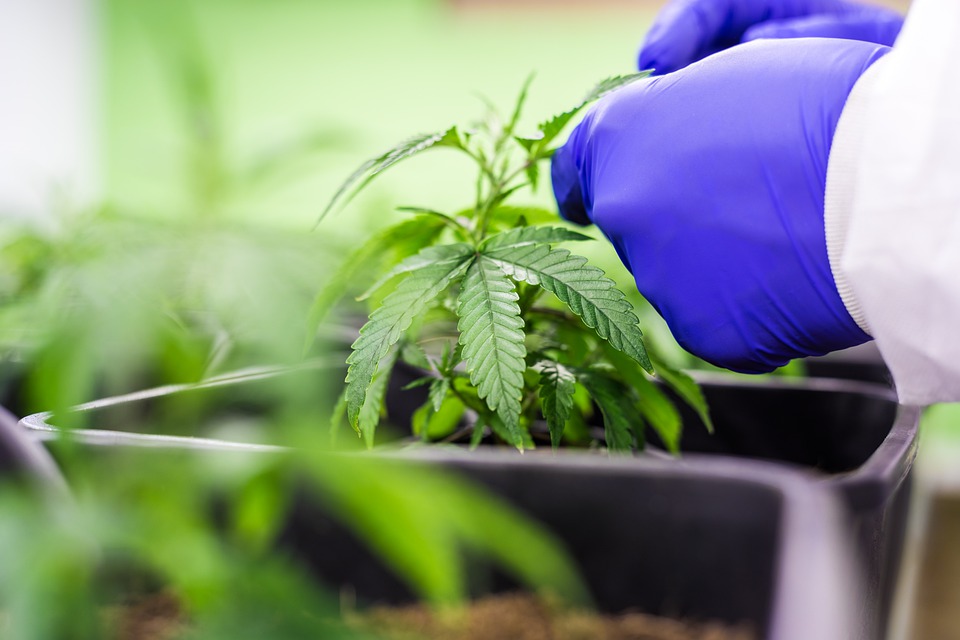Much of Italy’s public cannabis policies are shaped by legal decisions. In late 2019, Italy’s Supreme Court ruled that laws against ‘small-scale domestic cultivation of cannabis’ were unconstitutional, providing some level of legal protection for consumers and patients.
In 2021, cannabis activists in Italy successfully collected hundreds of thousands of signatures to place a cannabis referendum measure on the ballot for voters to decide. However, in 2022 the nation’s Supreme Court deemed the measure’s language to be unconstitutional.
A decree was issued in 2020 to classify CBD as a narcotic in Italy, but shortly after it was issued, the decree was temporarily suspended. That temporary suspension was then lifted via yet another decree in 2023, just to also be temporarily suspended.
Efforts to shut down Italy’s emerging hemp-derived industry have picked up recently, resulting in Italian trade groups seeking an intervention by the European Commission.
“The Italian hemp supply chain receives important news from the European Commission. Our complaint against amendment 13.6 to the Security Bill (Security Bill) has been officially examined.” the Canapa Sativa Italia trade organization stated in a news release (translated from Italian to English).
“This amendment, which introduces restrictions on the cultivation and trade of hemp inflorescences and derived products, has been contested because it could violate European Union law on free competition and movement of goods. The complaint, registered under number CPLT(2024)01387, represents a positive signal for the sector, which has over 15 thousand workers and a turnover of 500 million euros.” the organization also stated.
If the European Commission determines that there is a violation of Union law, it could send a “letter of formal notice” to Italy’s government. The notice would compel Italy’s government to submit various information by a set deadline.
From there, if the returned information is not deemed to be satisfactory, the European Commission may issue a “reasoned opinion” and possibly refer the matter to the Court of Justice of the European Union.
“This process, although it may take years, is essential to ensure that national regulations comply with EU law.” stated Canapa Sativa Italia.
An estimated 5% of adults in Italy report having consumed cannabis within the last month, 10.8% report having consumed it at least once in the last year, and 34.8% of adults in Italy have consumed cannabis at least once in their lifetime.
This article first appeared on Internationalcbc.com and is syndicated here with special permission.
Photo by Luca Micheli on Unsplash




















